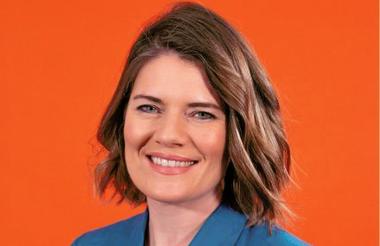Alzheimer’s Research UK is looking to double its income in the coming years to £130m, the charity’s chief executive has said.
Speaking in the latest issue of Fundraising Magazine, Hilary Evans-Newton said that the charity had been on a “growth trajectory” for the last decade across its fundraising portfolio.
Evans-Newton added that the charity was hoping to double its current income to £130m “by the early 2030s”, in order to be able to deliver on the projects it wants to fund.
Alzheimer’s Research UK fundraised almost £54m in total last year; this year, it is hoping to hit the £60m milestone for the first time, Evans-Newton said.
Legacies remained its most substantial source of income, raising £12.5m last year, while corporate partnerships and philanthropy combined generated around £22m.
Focus on innovation
Evans-Newton said that the charity planned to innovate to reach its target, utilising new technologies in order to maximise income.
“We will need to think about how we can do things differently and ensure that we have the right mechanisms in place that allow us to innovate properly across all our fundraising and marketing,” she said.
“We have already been an early adopter in many areas of innovative fundraising such as accepting cryptocurrency and gamification, partnering with Tiltify and working with streamers, although only on a small scale so far.
“This helps us engage with a generation that has perhaps not given to charity before.”
However, Evans-Newton also noted that innovation was only “good up to a point”, with charities like hers risking spreading themselves thinly if they tried to do “too many things”.
“As an organisation, our culture has been to try lots of different things,” she said.
“We would jump on each opportunity, and that has been a major contributor to our success. But the reason some of them failed was that we didn’t have enough resources to invest in those products or opportunities properly.”
She also noted that the charity needs to think carefully about which fundraising areas it wishes to focus on before scaling them up, in order to maximise income, and cited Alzheimer’s Research UK’s flagship Walk for a Cure event as a successful example of this.
Related articles












